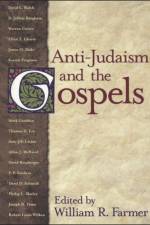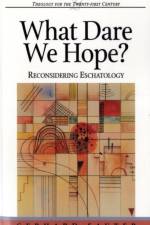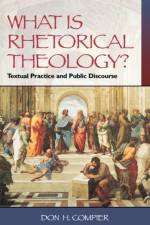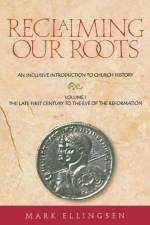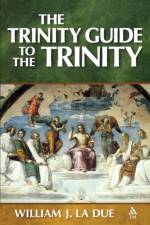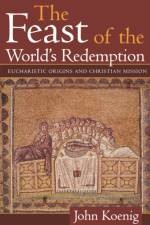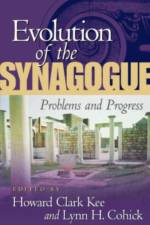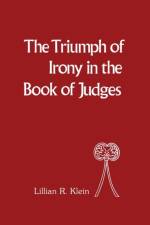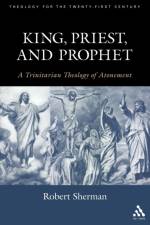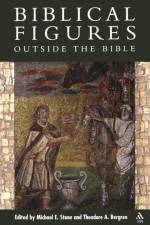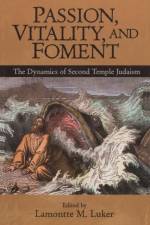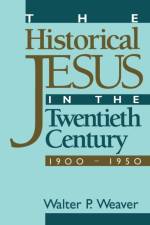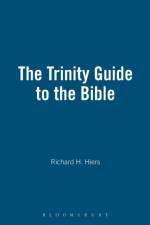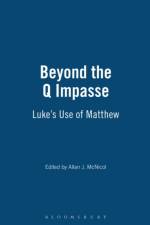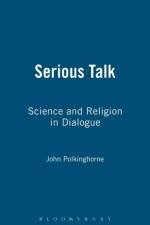av Lamontte M. Luker
759,-
In the past, Old Testament scholars have characterized Hebrew religious practices of the postexilic period as a time of priestly legalism. Viewed in this way, the developments of this period paled in light of the First Temple period. However, as the essays in this collection demonstrate, the postexilic period was actually an age in which "it all came together," an age of robust religious vitality that gave birth to Rabbinic Judaism and early Christianity. The contributors to Passion, Vitality, and Foment focus on the range of religious advances in this time period, from the Sabbath and the synagogue to the vitality of feminine spirituality, wisdom traditions, and apocalyptic visions, all of which demonstrate the richness of Second Temple Judaism. Lamontte M. Luker is Professor of Hebrew Scriptures at Lutheran Theological Southern Seminary in Columbia, South Carolina.Contributors: Niels-Erik A. Andreasen, Andrews University; Jon Berquist, Chalice Press; Toni Craven, Brite Divinity School, TCU; Kathe Pfisterer Darr, Boston University School of Theology; John C. Endres, S.J., Jesuit School of Theology at Berkeley; Walter Harrelson, Vanderbilt Divinity School; Leo G. Perdue, Brite Divinity School, TCU; Paul L. Redditt, Georgetown College; Will Soll, Sanford-Brown College and Eden/Webster Library of Webster University and Eden Seminary; and Marti J. Steussy, Christian Theological Seminary

